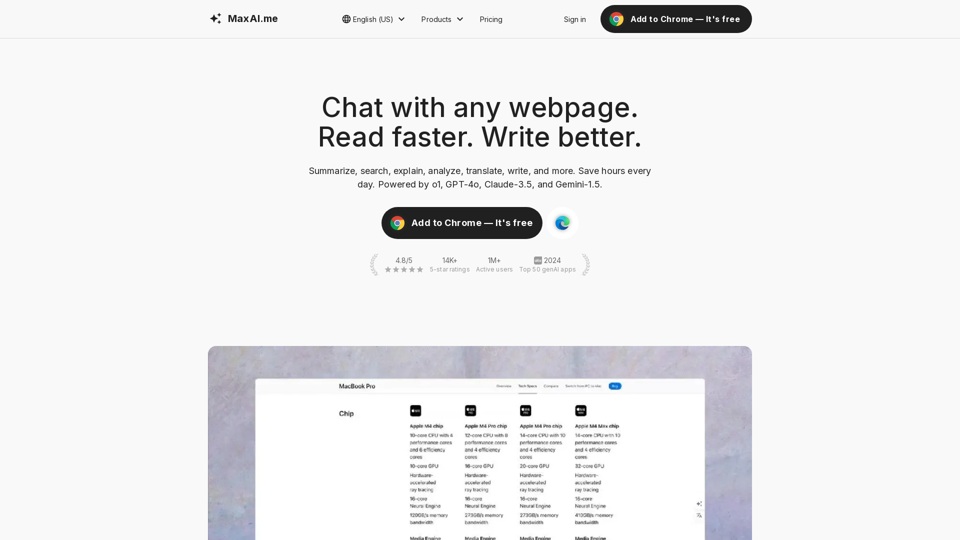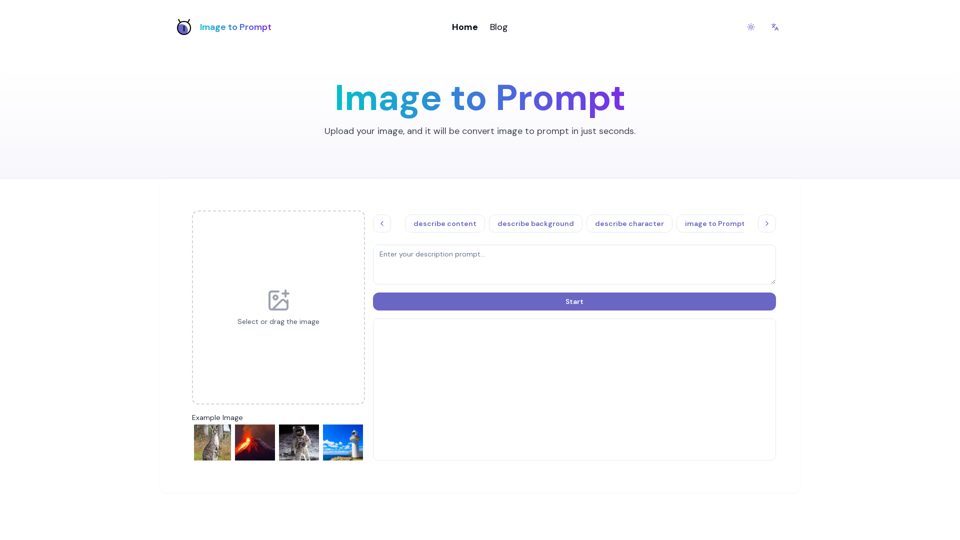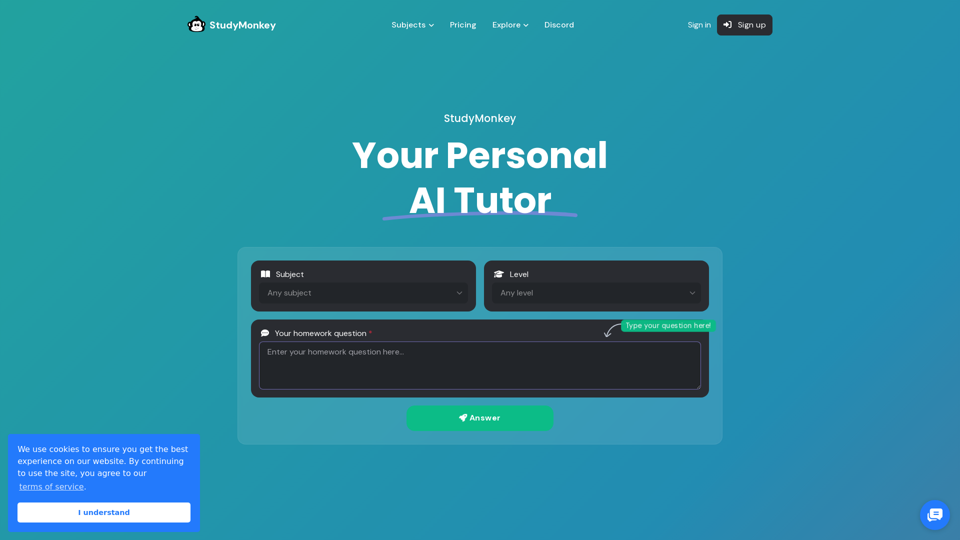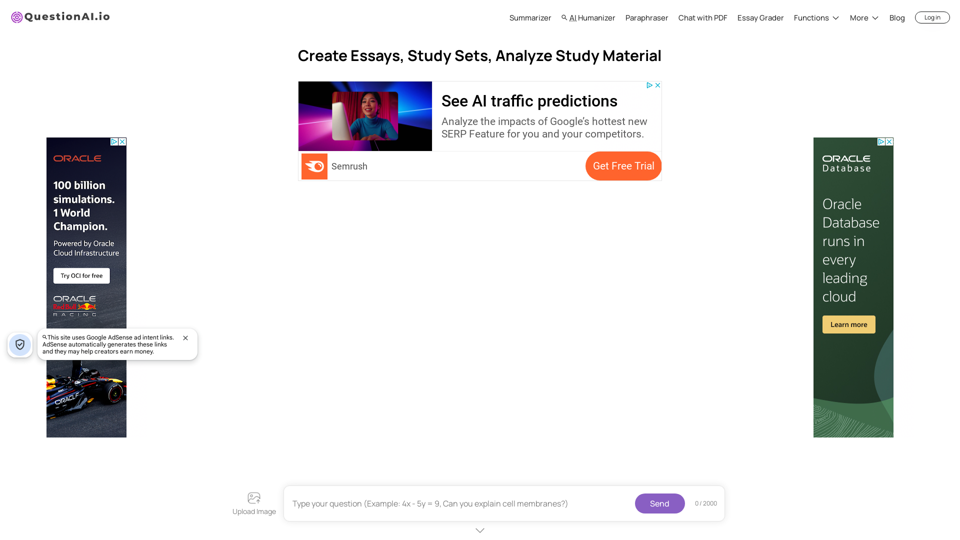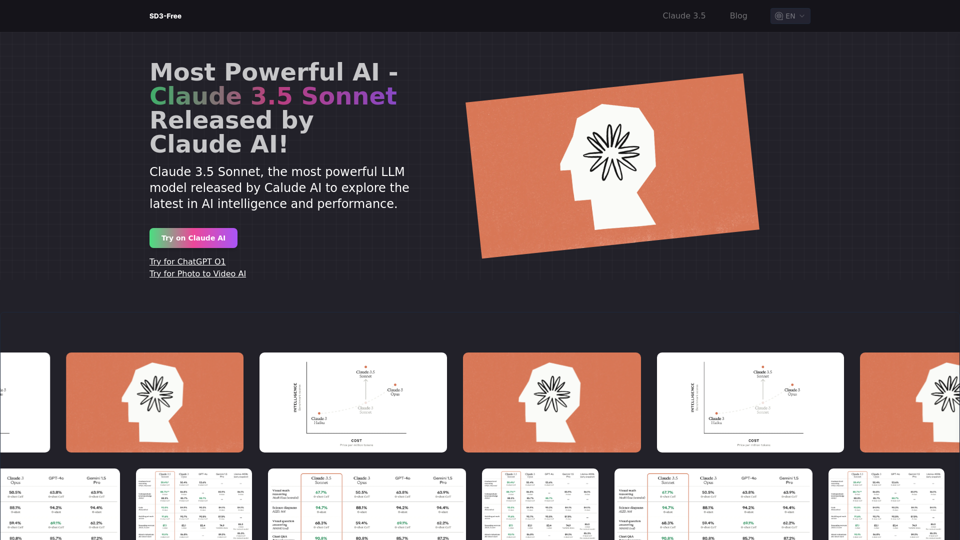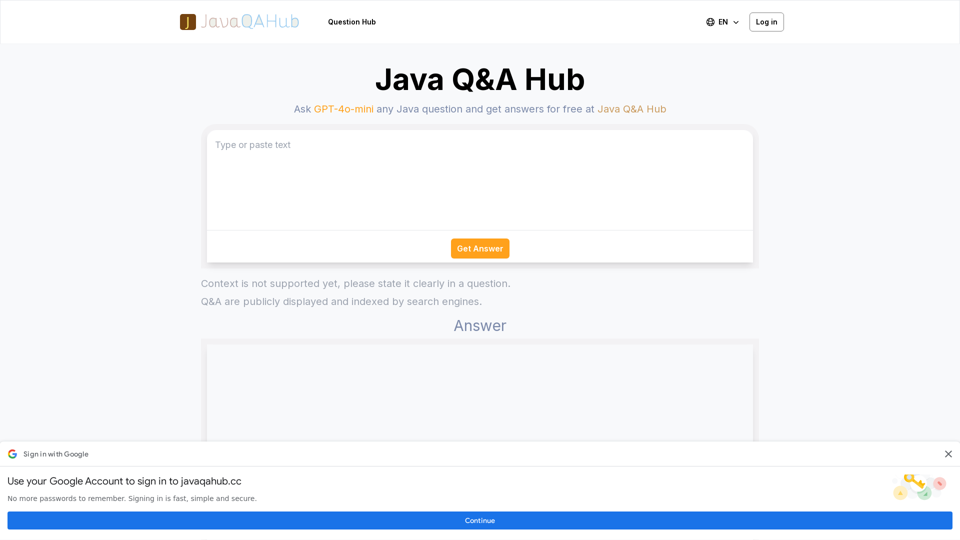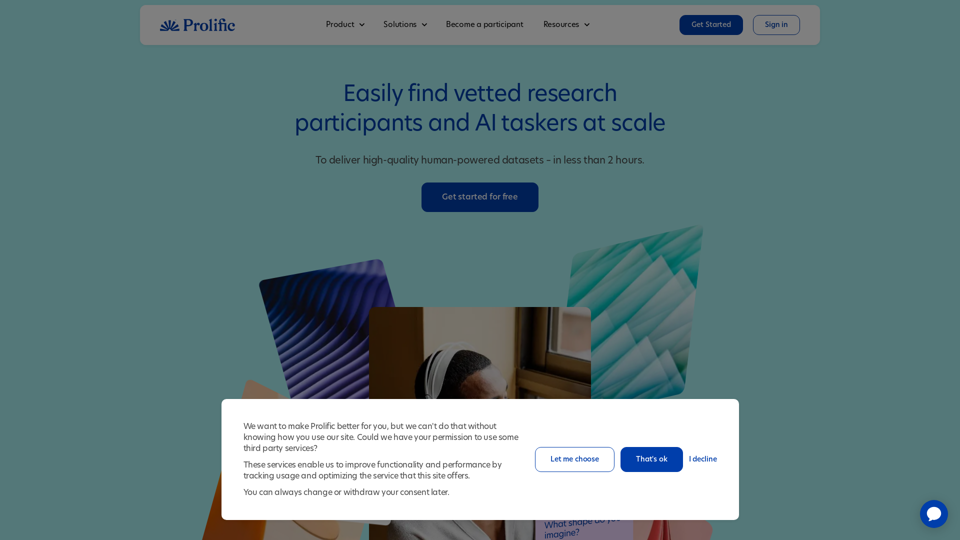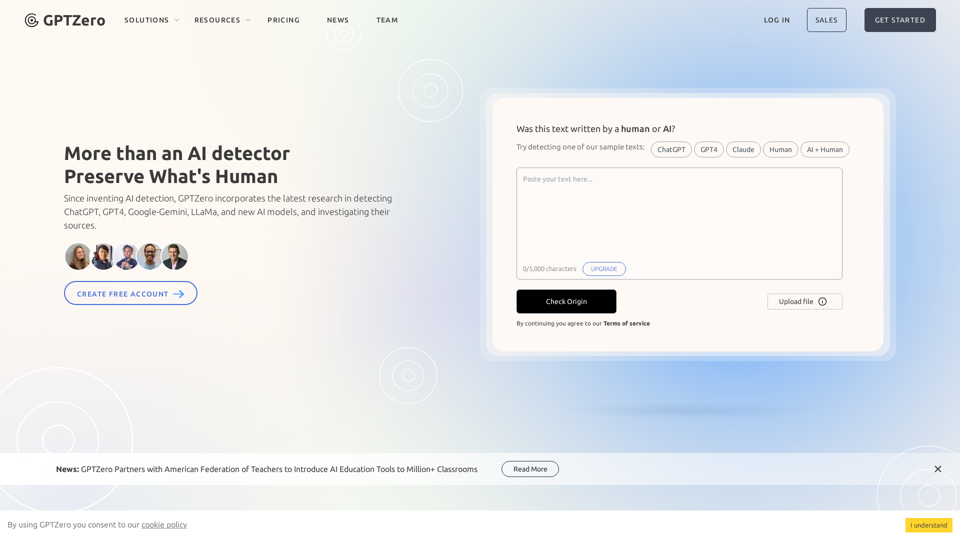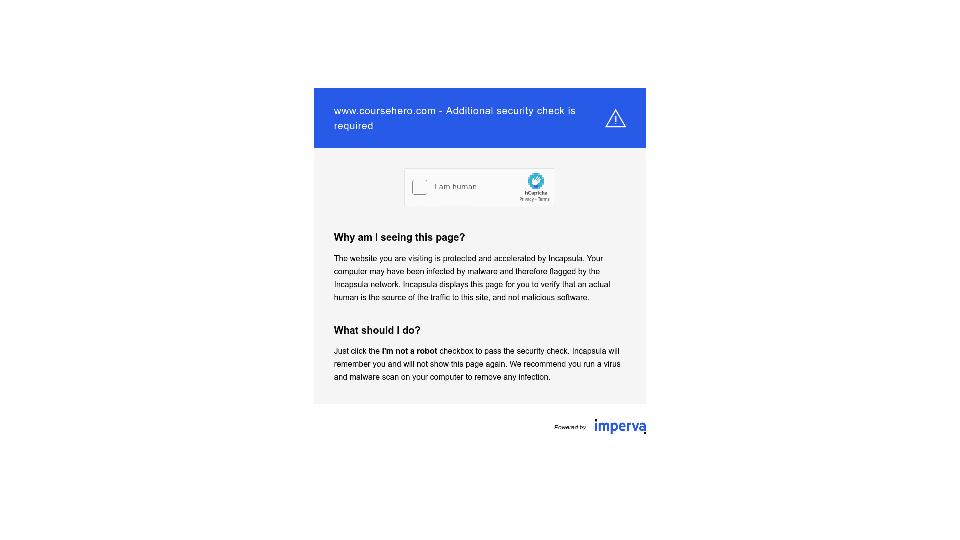What's AI in Education
Artificial Intelligence (AI) in education refers to the integration of AI technologies to enhance learning experiences, streamline administrative tasks, and provide personalized educational solutions. AI tools and platforms are transforming the educational landscape by offering adaptive learning, intelligent tutoring systems, and data-driven insights that support both educators and students.
Benefits of AI in Education
AI brings numerous advantages to the education sector, including:
Enhanced Personalized Learning
- Tailored Content: AI customizes learning materials to fit each student's unique pace and style.
- Real-Time Adaptation: Platforms adjust lessons based on student responses, ensuring mastery of concepts.
Automated Administrative Tasks
- Efficiency: AI automates grading, scheduling, and report generation, reducing educators' workload.
- Consistency: Tools provide objective and reliable assessment outcomes.
Improved Accessibility
- Inclusive Tools: AI-driven technologies support students with disabilities, fostering an inclusive environment.
- Assistive Features: Speech recognition and transcription services aid students with hearing impairments.
Actionable Insights
- Data Analysis: AI processes vast amounts of educational data to offer insights into student performance.
- Strategic Adjustments: Educators can identify learning gaps and tailor instruction accordingly.
Better Security and Assessment Integrity
- Proctoring Systems: AI enhances exam security with advanced monitoring and plagiarism detection.
- Integrity Assurance: Tools ensure originality and fairness in student assessments.
Continuous Lifelong Learning and Professional Development
- Resource Recommendations: AI suggests courses and materials tailored to educators' career goals.
- Personalized Development: Continuous learning paths are created based on individual needs.
Greater Scalability
- Program Expansion: AI facilitates the scaling of educational programs without compromising quality.
- Data Handling: Platforms manage large volumes of data, ensuring consistent learning experiences.
How to Use AI in Education
AI can be integrated into education through various applications:
Adaptive Learning Platforms
- Skill Assessment: AI evaluates students' abilities in real time and adjusts content accordingly.
- Customized Pathways: Lessons are dynamically tailored to help students master concepts at their own pace.
Intelligent Tutoring Systems
- Personalized Feedback: AI-driven systems provide support and adapt to individual learning styles.
- Concept Understanding: Students receive tailored assistance to improve academic performance.
Chatbots and Virtual Assistants
- Immediate Support: AI chatbots offer help outside classroom hours, enhancing student engagement.
- Administrative Guidance: These tools assist with processes and reminders, promoting independent learning.
Curriculum Planning
- Data-Driven Insights: AI analyzes educational data to identify trends and suggest curriculum updates.
- Relevance and Alignment: Ensures curricula meet current educational standards and needs.
Interactive and Learning Games
- Engagement: AI creates adaptive games that respond to student input, making learning interactive.
- Active Participation: Games promote understanding of complex subjects through engaging challenges.
AI in education is revolutionizing how teaching and learning occur, making it more personalized, efficient, and inclusive. By leveraging AI technologies, educators can enhance educational outcomes and provide better support to diverse student populations.
